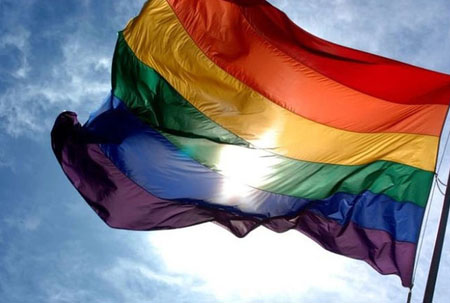(Barbados Nation) The Mia Mottley Administration is preparing to recogonise civil unions for couples of the same gender.
The island has increasingly found itself on international lists of having a “poor human rights record” because of this and can’t afford to be blacklisted when it relies so heavily on external funding and investment.
This was announced by Governor General Dame Sandra Mason in The Throne Speech during a historic opening of Parliament at the Lloyd Erskine Sandiford Centre yesterday.
“Mr President, my Government is prepared to recognise a form of civil unions for couples of the same gender so as to ensure that no human being in Barbados will be discriminated against, in exercise of civil rights that ought to be theirs,” said Dame Sandra.
“The settlement of Barbados was birthed and fostered in discrimination, but the time has come for us to end discrimination in all forms. I wish to emphasise that my Govern-ment is not allowing any form of same sex marriage, and will put this matter to a public referendum. My Government will accept and be guided by the vote of the public as promised in the manifesto.”
If Barbados wants to be counted among the “progressive nations of the world”, she continued, the country must change “how we treat to human sexuality and relations”.
“My Government will do the right thing, understanding that this too will attract controversy. Equally, it is our hope that with the passage of time, the changes we now propose will be part of the fabric of our country’s record of law, human rights and social justice,” Dame Sandra added.
In prefacing this announcement, the Governor General referenced other “controversial” legislation such as the signing of the Charter of Barbados in Oistins in 1652, universal adult suffrage and a woman’s right to vote, universal free secondary education, the ending of “backstreet abortions” through the Medical Termination of Pregnancy Act and the Tenantry Freehold Purchase Act in the 1980s, which opened up the possibility of landownership to those previously unable to afford it.
“Barbados took these decisions because they were the right thing to do and because it was the correct direction for our culture, social and economic circumstances. In each case, we now accept these rights as essential, and part of the national social and legal fabric. However, at the time they were taken, each of these decisions was highly controversial and bitterly opposed,” Dame Sandra noted.






